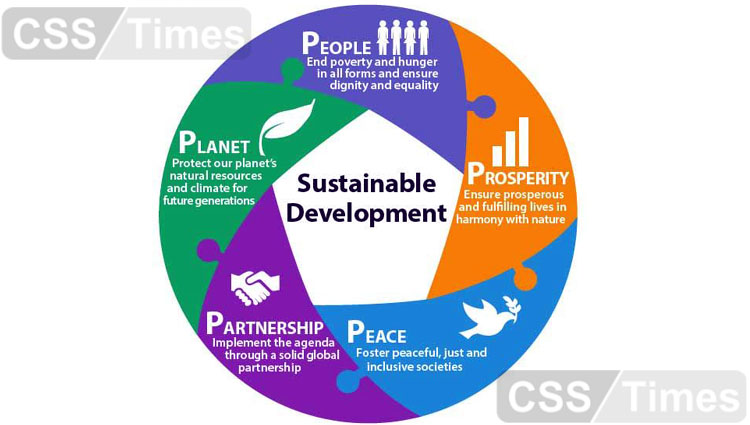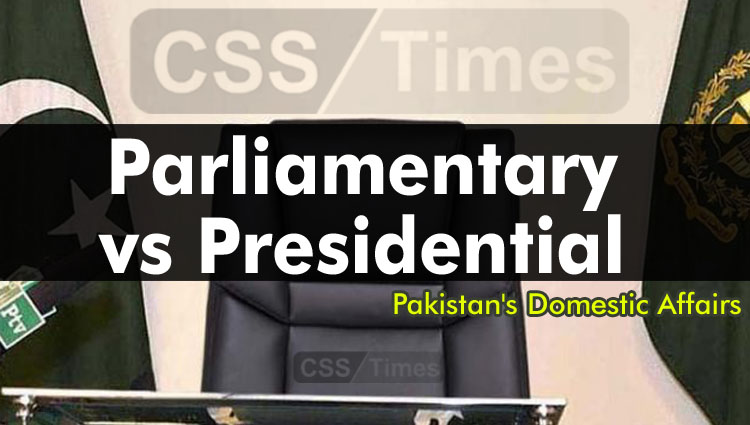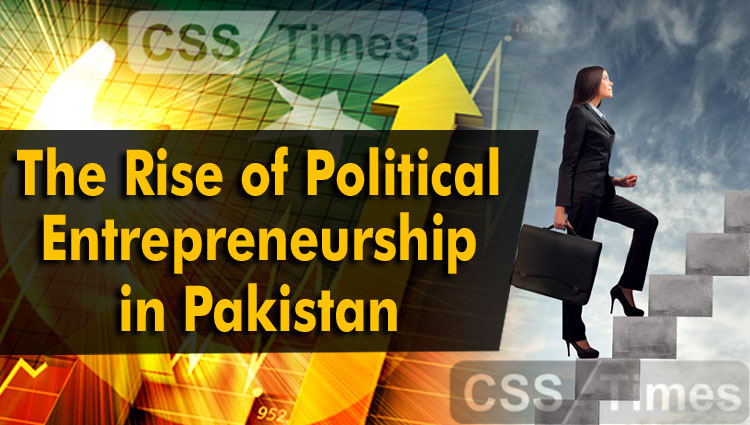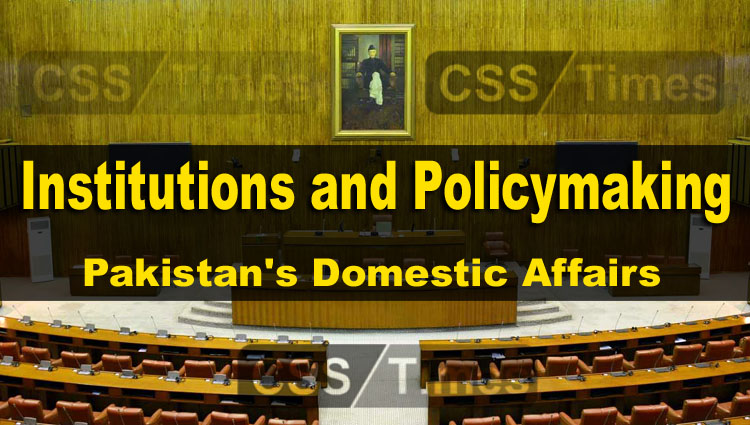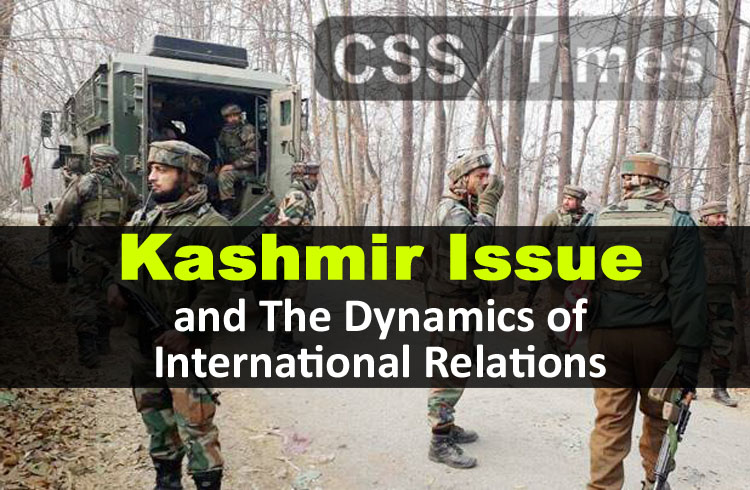By: Anwar Ali
Mediocrity beckons mediocrity. Ask mediocre questions, receive mediocre answers, select mediocre candidates, and engrave mediocrity on the system – the odious concatenation that the Federal Public Service Commission (FPSC) has been trying to inflict upon Pakistan.
On February 12, with the subject of English, the FPSC initiated the yearly written examination of the candidates yearning for joining the Central Superior Services (CSS) of Pakistan. The first two papers – English Essay, and English precis and composition – laid bare the quality standards the FPSC had set for this year. Except one or two topics or questions, both papers offered a glimpse of the papers of 8th class.
The essay paper opened its door with a hackneyed topic, “Do we really need literature in our lives?” The rest of the essay topics followed suit: Agents of change, the Kashmir cause, democracy in Pakistan, the foreign policy, informal economy, promotion of tourism, freedom of speech, digital revolution, and IMF bailout package. These were oft repeated topics the notes on which have been now travelling from one generation to the next.



